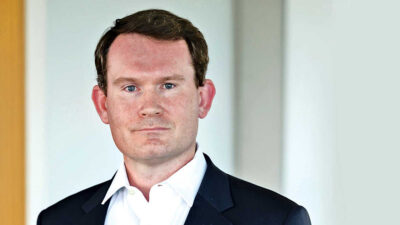The custodian is exploring use cases for machine learning and generative artificial intelligence to give its clients help in parsing – and visualising – the vast quantities of granular data now available to them.
Super funds want to put their $300 billion of annual inflows to work in new renewable energy infrastructure. But policy settings, Your Future Your Super and intensifying competition for local assets could all have unforeseen consequences.
The newly launched Scarcity Partners wants to help take emerging asset managers to the next level. With stormy weather still forecast for markets, it’s a great time to buy.
Private credit and unlisted infrastructure are on the offshore shopping list, but some funds feel illiquid assets aren’t worth the stress (testing). And YFYS isn’t just driving asset allocation decisions – it might start influencing product development too.
The asset consultant will modify its team composition in response to shifting client demand and build out its younger ranks as it executes on its new five-year plan.
It’s temping to dismiss the super for housing debate out of hand. But if funds and trustees refuse to engage with that debate it will inevitably be settled without them, with a deleterious impact on retirement savings.
BNP Paribas’ securities services division has had a big win after being brought in to keep the preferred candidate honest on price during the tender process for MLC.
A panel of experts has pointed to energy, illiquid assets and retirement income as three areas where super funds need to lift their game, with stakeholders expecting the “huge amount of capital” now in the system to contribute to Australian society.
Following a significant technology and systems uplift, Rest feels it’s ready to do global equities in-house. That doesn’t necessarily mean its roster of external managers will lose out.
From little things big things grow, and the $75 billion industry fund hopes the impact investment commitments it and other funds have made will expand beyond their initial targets in the same way renewables did.















